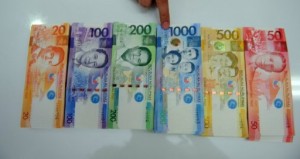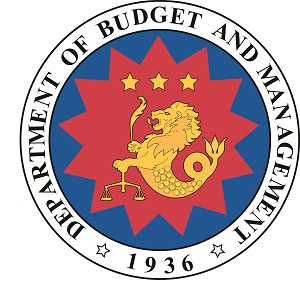
The Philippine government expects to have generated savings from interest payments this year mainly due to the strengthening of the peso against the US dollar. AFP PHOTO
MANILA, Philippines—The government expects to have generated savings from interest payments this year mainly due to the strengthening of the peso against the US dollar.
Budget Secretary Florencio Abad said interest payments by the government for the year was originally estimated at 18.3 percent of the P1-trillion budget, but the actual figure would likely be lower partly because of the positive impact of the peso appreciation.
As the peso rises, the peso value of dollar-denominated debts drops. This brings down spending for debt payments.
The peso has appreciated by more than 6 percent since the start of the year. It is now at 41-to-a-dollar level compared to 43 to a dollar at the start of the year.
A stronger peso also helps trim the cost of imported goods, thereby tempering domestic inflation.
The peso strengthening, however, also has its disadvantages. Exporters have been complaining that the peso appreciation makes Philippine-made goods more expensive in dollar terms and, thus, less competitive in the global market.
Some exporters blame the rise of the peso for the country’s anemic export earnings this year.
In the meantime, Abad said the peso appreciation was one of the factors that helped the government reduce spending on interest payments. He said debt management strategies that the administration had adopted also helped in bringing down interest payments.
These strategies included debt swaps and bond buyback programs. A debt swap program allows holders of government securities to exchange their maturing bonds with freshly issued paper.


